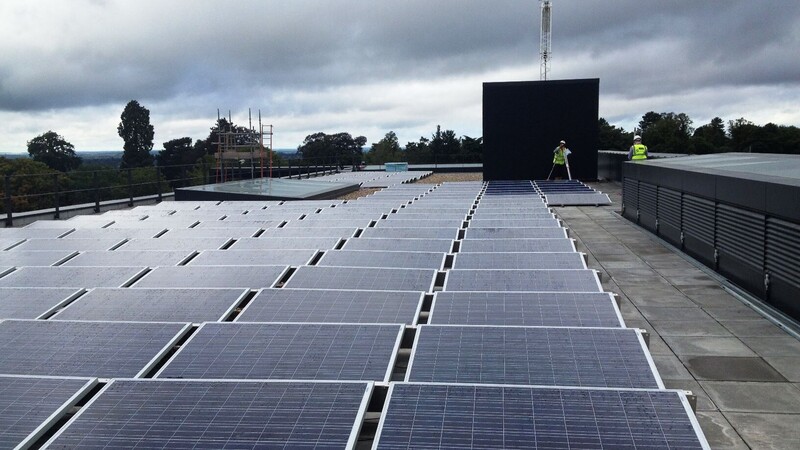Researchers agree: The world can reach a 100% renewable energy system by or before 2050

New analysis of energy research by 23 scientists around the world has concluded that the world can reach a 100% renewable energy system by or before 2050.
The findings, explained in a recent paper On the History and Future of 100% Renewable Energy Systems Research published by the IEEE (Institute of Electrical and Electronics Engineers) are that such systems can power all energy in all regions of the world at low cost.
As such, society will not need to rely on fossil fuels in the future. In the early 2020s, there is growing scientific consensus that renewable energy generated by solar panels and wind turbines and the associated infrastructure will dominate the future energy system, and new research increasingly shows that 100% renewable energy systems are not only feasible but also cost effective. This provides the key to a sustainable civilization and the long-lasting prosperity of humankind.
Dr Marco Raugei Senior Research Fellow at Oxford Brookes University is an expert in energy return on investment in the energy sector. His research has found that inconsistent comparisons between different energy production technologies have led to confusion and inaccurate debate around the viability of renewable energy production as a profitable option.
He said: ”Renewable energy technology is advancing rapidly, increasing the energy return on investment for renewable energy production; conversely, as fossil fuel reserves are depleted, they actually yield a decreasing return on investment as time goes by. Thus, if viewed in simple net energy terms, without even considering the climate change arguments for renewable energy, investing in renewable energy makes better physical and business sense than investing in fossil fuels.”
Institutional inertia
The researchers are worried that a substantial institutional inertia that hampers the adoption of progressive 100% renewable energy system solutions permeates the International Energy Agency and Intergovernmental Panel on Climate Change. They think transition could be faster, leading to a lower cost energy system for higher levels of sustainability, if international institutions would adopt the latest insights from 100% renewable energy systems research. They say the next step is for their research to be included in the Intergovernmental Panel on Climate Change (IPCC)’s assessment reports.
Key pillars of this new energy system are solar and wind energy, energy storage, sector coupling (increased integration of energy end-use and supply sectors with one another) and electrification of all energy and industry sectors, including sustainably generated synthetic fuels , complemented by future carbon dioxide removal to help stabilise the climate.
Auke Hoekstra from the Eindhoven University of Technology in the Netherlands said: “Many young people are depressed because they feel climate change cannot be stopped. We want to offer them hope by showing that our world can get all its energy needs from renewables at a price below that of fossil fuels. When we first proposed this we were ridiculed, but this paper shows our ideas are now scientific mainstream.”.
